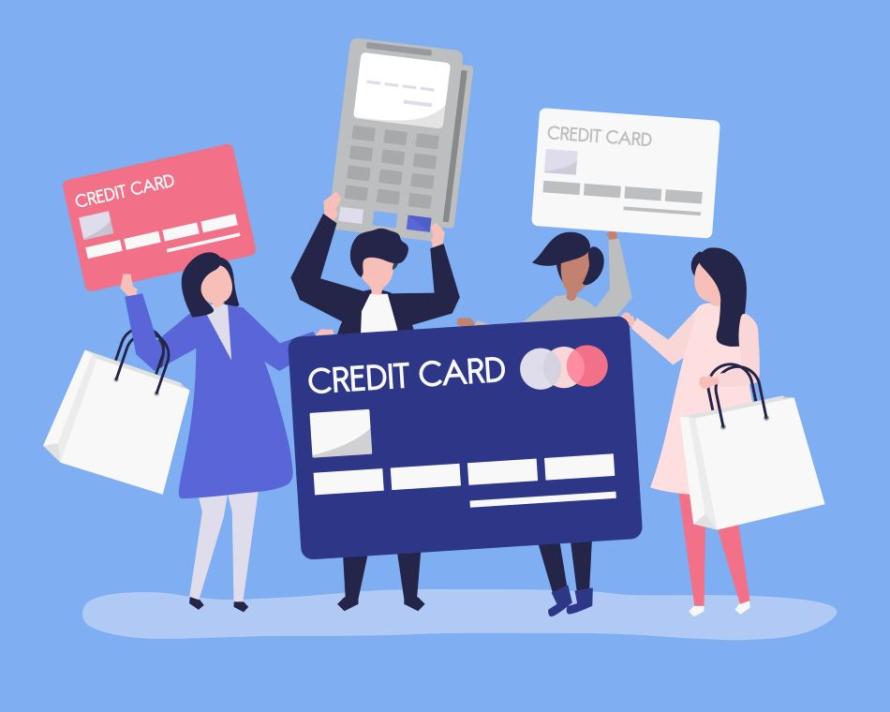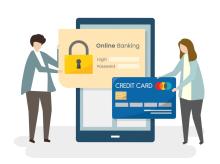Top 7 Factors to Consider When Comparing Credit Cards

Choosing the right credit card in India can be a bit tricky because there are so many options. Some cards give you cashback, some offer free gifts, and some give you reward points. But the best card is not the one with the most offers. It’s the one that matches how you spend your money. For example, if you shop online or travel a lot, you should pick a card that gives benefits for those things.
You’ll learn about 7 simple things to check before getting a credit card. It doesn’t matter if you’re a student, working person, or using a credit card for the first time. This guide will help you avoid mistakes and choose the right card. We’ll explain things like fees, interest, and rewards in an easy way so you can understand and make a smart choice. Let’s take a look at each point in detail.
1. Annual Fee and Joining Fee
Credit cards usually have two main charges- a joining fee you pay once when you get the card and an annual fee you pay every year. Some cards charge ₹500, ₹1,000 or more yearly, but many credit cards in India are lifetime free, meaning there are no fees at all. Some banks also cancel the annual fee if you spend a certain amount in a year, like ₹1 lakh. So if you use your card often, you might not have to pay the fee. Always check the card’s website or brochure to understand the fees before applying. Choosing a card with low or no annual fee is a smart option, especially if it’s your first credit card.
2. Interest Rate on Pending Payments
If you don’t pay your credit card bill on time, the bank charges you interest. In India, this interest is usually very high, around 30 to 42 percent per year. This is called the Annual Percentage Rate (APR).
If you think you may not always be able to pay the full bill, then try to choose a card that has a lower interest rate. Also, check how many days of grace period you get before interest starts.
3. Reward Points and Cashback Offers
Almost all credit cards give you some reward when you spend. Some cards give reward points, while others give direct cashback. For example, a card may give you 1 point for every ₹100 spent or 5% cashback on fuel or shopping.
Before applying, check what kind of rewards the card offers. Can you use the points for shopping, travel, gift vouchers, or mobile recharge? Are they easy to use? Do they expire after some time?
Also, check the minimum redemption value. Some cards allow redemption only after you earn 1,000 or more points.
4. Credit Limit
Your credit limit is the maximum amount you can spend using your card. This depends on your income, your credit score, and the bank’s rules. For example, if your credit limit is ₹50,000, you cannot spend more than that in one billing cycle. A higher limit is good during emergencies or when you need to make a big purchase. But remember, it is not free money. You still need to repay it.
5. Card Network and Where It Works
Credit cards work on networks like Visa, Mastercard, RuPay, or American Express. Most cards in India use Visa and Mastercard, which work in almost all shops and websites. If you travel outside India or shop from international sites, make sure your card is accepted globally.
Also, check if the card works smoothly online and at small shops near you. Some cards give problems on certain payment apps or websites. It’s also helpful to choose a card from a bank with good customer service in case something goes wrong.
6. Extra Benefits and Perks
Some credit cards offer more than just payments and rewards. They may give you free access to airport lounges, discounts on food delivery, or fuel surcharge waivers. These are nice bonuses if they match your lifestyle.
If you travel a lot, a card with free lounge access can be useful. If you mostly shop online, a card that gives extra cashback on Amazon or Flipkart is better.
Don’t choose a card just because it has fancy benefits. Pick only the features that you will actually use.
7. App and Customer Support
A good credit card should come with a helpful mobile app. This lets you check your balance, pay bills, view transactions, and redeem rewards easily. Apps from banks like HDFC, ICICI, Axis, and SBI usually have good features. Also, customer support matters a lot. If your card is blocked or you see a wrong charge, you should be able to contact the bank quickly. Look at reviews or ask people about the bank’s service before you apply.
Bottom Line
Choosing a credit card is not just about getting the best deals. You should pick a card that fits how you spend your money and how much you earn. Make sure to read the rules and fees carefully so you don’t get surprised later. Also, don’t apply for too many cards at the same time.
Before choosing a card, use a simple list of 7 things to check. This will help you save money, earn rewards, and avoid problems. Taking your time to pick the right card will make using it easier and better for you.




Leave a Reply